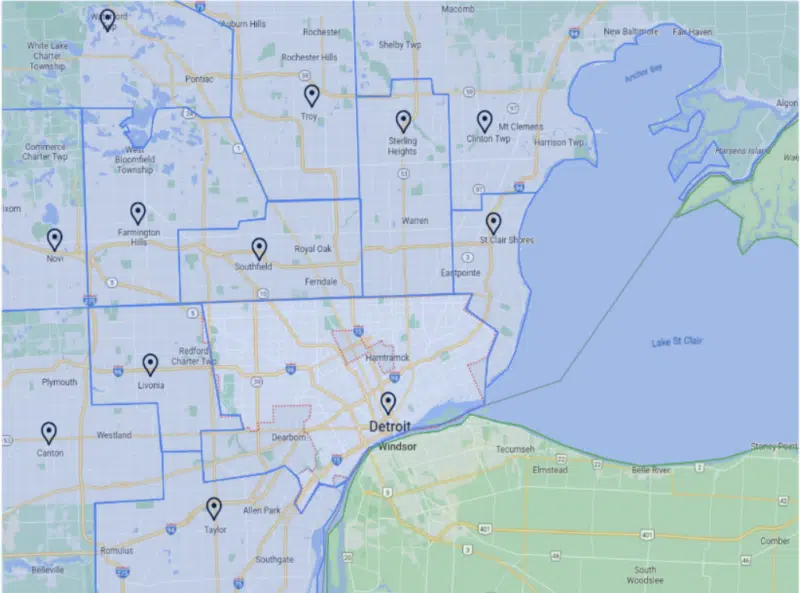Google Chrome IP masking could radically impact search advertising
Google's plan for IP protection would give them a monopoly on location data and drive up costs for advertisers.
Google is developing a two-hop proxy to enhance privacy for Chrome users, which has three big implications for advertisers:
- For ad location targeting, you’ll only have the option to target regions designated by Google, which won’t be accurate.
- Because Google Chrome will use a proxy to connect to websites, it will mask users’ identities, meaning advertisers cannot distinguish between genuine and bot traffic.
- Google is increasing its collection of uniquely valuable location data, which could increase advertisers’ costs.
Why we care. The two-hop proxy is only implemented on Chrome, meaning Google will have a monopoly on this data. No other search engines will have any data for advertisers to use for location targeting. This could effectively eliminate competition in the search ads space.
What is IP-based geolocation. According to Google’s documentation:
- “IP-based geolocation is used by a swath of services within proxied third-party traffic, to comply with local laws and regulations and serve content that is relevant to users. Use cases include content localization, local cache assignment, and geo-targeting for ads.”
The details. User IP addresses will be batched and masked by region, and Google will allocate an IP address to each batch. Here’s what that looks like:

Any user assigned an IP address for a region will have been verified to be in that region. The Google geofeed will be plugged into the proxy and have city-level accuracy.
Will consumer data be truly private? While a consumer’s data will be shielded from advertisers, it won’t be safeguarded from Google, posing a threat to data privacy.
More Google privacy and self-preferencing concerns. In February, the UK’s Competition and Markets Authority (CMA) said:
- “We are particularly keen on resolving any remaining concerns relating to the design of the Privacy Sandbox tools and to ensure that Google does not use the tools in a way that self-preferences its advertising services.”
Dig deeper. Google ‘cannot proceed with third-party cookie deprecation
Meanwhile, the Information Commissioner’s Office, a UK privacy regulator, also shared significant concerns about Privacy Sandbox, in a WSJ article (subscription required), published last week. Once released, nothing will stop Google and other companies from using data to track users from different sites, the ICO said.
- “Google’s proposed replacement for cookies need to do more to protect consumer privacy.”
Related stories
New on Search Engine Land